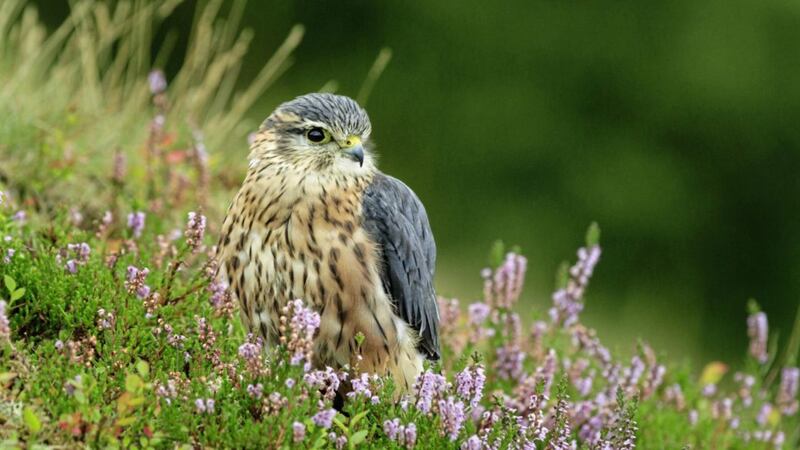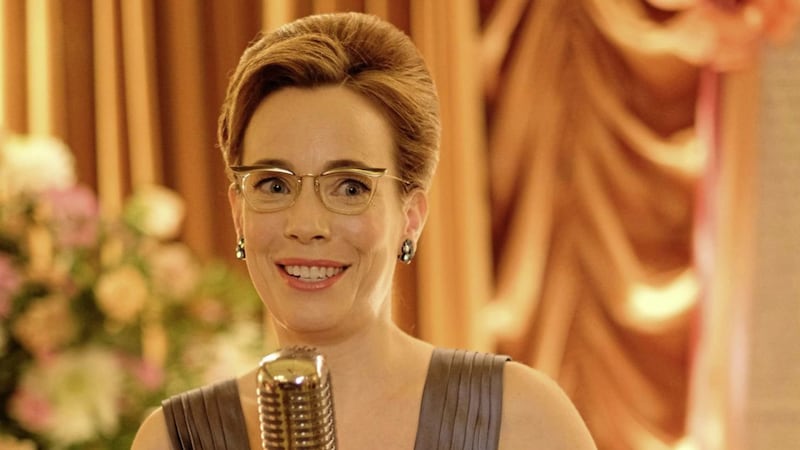AFTER a swim in the Atlantic Ocean, my late father always described the feeling of invigoration and refreshment as being "the next best thing to a clean conscience".
I enjoyed many of those sea 'dips' with family and friends in the bracing waters off Donegal, Sligo or Galway, and although I never quite got the clean conscience bit, the exhilaration and joy of swimming in the sea has remained.
So, not having been in, or at the sea for close on two years, it was with much anticipation and enthusiasm, I recently travelled to Dunfanaghy, north-west Donegal, to reacquaint myself with those wild Atlantic waters and the varied wildlife of its jagged coastline.
Although a few days too late to enjoy the presence of a vagrant Egyptian Vulture, Neophron percnopterus, flying above the dunes near the village, and join the frenzied attendance of hundreds of birdwatchers in the days after, I celebrated the company of various, smaller scale nature events from around the enchanting Sheephaven Bay.
This vulture, a rare bird of prey, is normally found along its migratory range of south Asia across to west and north Africa, so this first ever sighting in Ireland caused quite a stir with bird enthusiasts coming from near and far to catch a glimpse of the large, white, and black feathered bird, sometimes called 'pharaoh's chicken'.
It was the presence of other raptors, however, which would engage my time - a trio of Peregrine Falcons first up to enjoy, as an adult and two juvenile birds, skirted along the cliffs of Horn Head.
Important flight skills were practised as the young birds flexed their talons and executed short dives or 'stoops', essential manoeuvres for catching prey in the future.
Close by, a patrolling raven, with its distinctive wedge-shaped tail, gave a guttural call, before it too performed some tumbling aerobatics. The background utterances of nesting auks and kittiwakes, with the vast ocean stretching out below completed the cliff top experience.
Another raptor was to reveal itself a short time later, when driving along the Falcarragh road, Ireland's smallest falcon, Falco columbarius, the Merlin, winged across my windscreen frame, with clasped prey, and onwards up an adjacent rock face.
Not much bigger than a blackbird, this agile bird is a rare and sporadic breeder here, nesting on the ground on moorland and mountain regions.
With its grey-blue upper-parts, orangey chest and narrow wings, the merlin chases its prey of pipits often low to the ground.
This was only my third or fourth ever sighting of the elusive raptor and the words of Scottish writer James Hogg from his narrative The Wife of Ezdel-More (1832) seemed appropriate: ''And the Merlin hang in the middle air/As if let down from the heavens there/By a viewless silken thread.''
In the days to follow, refreshing plunges in the pristine Atlantic water, diving terns, noisy stonechats, soaring buzzards and the master of ambush, the sparrowhawk added much to my stay.
The standard definition of a clean conscience suggests a state of being free of any guilt or remorse, but I think my father's notion of its meaning following his swims, extended to being unburdened from the stranglehold of worries of the moment, time or day.
On the last evening of my visit, I watched the descending sun drop towards Inishbofin, Saint Dubhthach's Inishdooey, and Inishbeg, before its orange glow was finally received behind the angular and rugged rock forms of Tory, the last of the island archipelago off this north-western shore.
By then, having enjoyed so many rewarding episodes, I had a much better understanding of the import of 'a clean conscience'.








